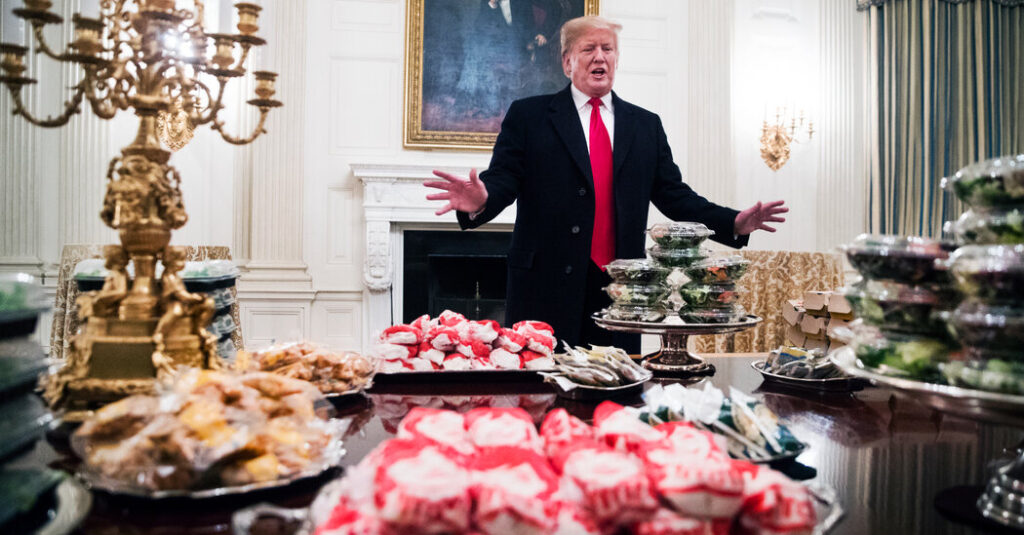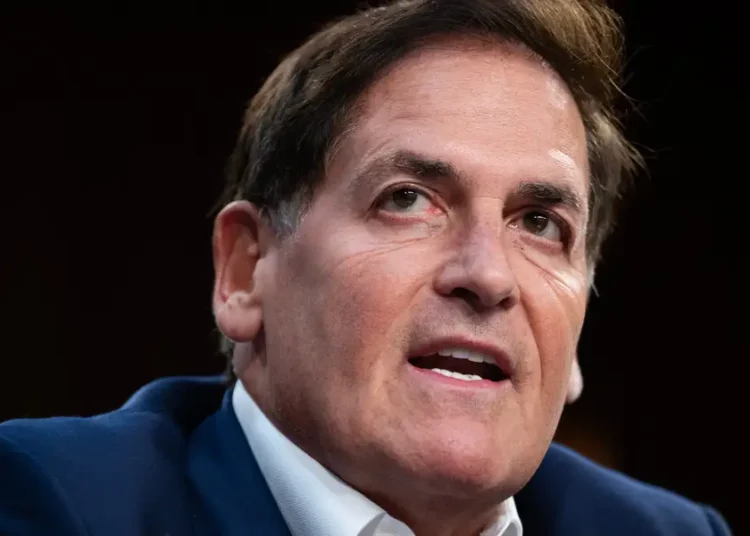President Trump’s visit to a McDonald’s summit on Monday to talk up his affordability agenda comes as he is struggling with a major economic problem: soaring beef prices.
High food costs have been weighing on economic sentiment in the United States, and few meals hit closer to home than hamburgers when it comes to the president. Mr. Trump has been known to serve McDonald’s at the White House, eat it in Saudi Arabia and even have it delivered while appearing in court.
But with beef prices approaching $10 per pound, the Trump administration is scrambling to bring them down, including by lowering tariffs on beef imports and trying to address a shortage of cows. With many Americans frustrated by Mr. Trump’s tariffs, his advisers have been straining to blame the high cost of hamburgers — and anything else — on anyone other than the president.
Treasury Secretary Scott Bessent tried to explain high beef prices over the weekend by blaming undocumented immigrants, saying they were bringing sick cows into the United States. Mr. Bessent said that forced the Trump administration to halt imports of beef from Mexico, which is the second-largest supplier of beef to the United States.
“Because of the mass immigration, a disease that we’d been rid of in North America made its way up from South America, as these migrants brought some of their cattle with them,” Mr. Bessent said on Fox News on Sunday.
The Treasury Department did not respond to a request for an explanation about Mr. Bessent’s suggestion that sick cows were being brought from Mexico across the border. Mr. Bessent was referring to the spread of New World screwworm, a parasite that the United States has been working with Mexico to eradicate.
Mr. Bessent said that the Trump administration is “laser focused” on fixing the problem and added: “This is the perfect storm, again something we inherited.”
The Trump administration has been taking other measures to contend with rising beef costs. Mr. Trump announced this month that he asked the Department of Justice to investigate meat companies that he said were driving up prices through “illicit collusion.”
Last month, Mr. Trump said that he would ease import restrictions on beef from Argentina in an effort to lower prices in the United States. The plan angered American cattle ranchers, who argue that meat prices are reasonable and that more competition will harm their businesses.
Mr. Trump’s economic advisers have acknowledged that it will not be easy to get grocery prices to fall meaningfully in the near term and have instead focused on wage increases to make the case that “affordability” is improving. That is a shift from Mr. Trump’s promise as a presidential candidate last year to lower the price of groceries.
Kevin Hassett, the director of the National Economic Council, said on CNBC on Monday that “purchasing power” has improved under the Trump administration and lamented that the president is being blamed for failing to reduce food costs faster.
“There’s a million things that we’re doing to fix this problem,” Mr. Hassett said. “It’s just kind of astonishing to me that the cost problem is somehow being blamed on us.”
Alan Rappeport is an economic policy reporter for The Times, based in Washington. He covers the Treasury Department and writes about taxes, trade and fiscal matters.
The post High Hamburger Prices? White House Blames Biden and Migrants. appeared first on New York Times.




